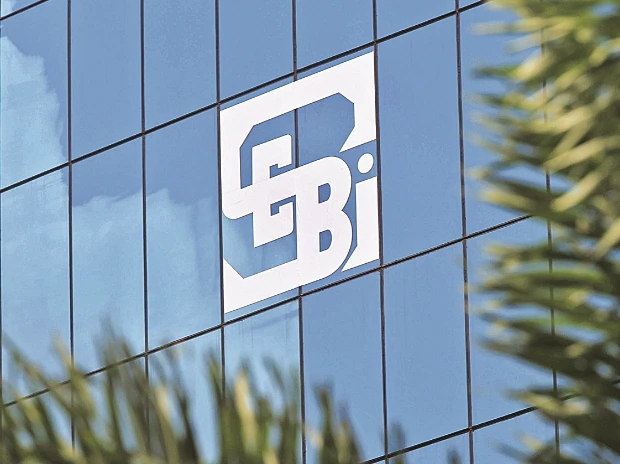Naveen Talawar
While conducting proceedings or taking any action against the parties, a regulator, like the Securities and Exchange Board of India (SEBI), has a duty to act fairly, the Supreme Court declared in a case where it granted Reliance Industries Limited (RIL) access to certain documents that the SEBI had used as the basis for a criminal complaint against the company.
A bench comprising Chief Justice of India NV Ramana, Justices JK Maheshwari and Hima Kohli ruled that SEBI has a duty to act fairly and not to circumvent the rule of law.
The court observed, “SEBI is a regulator and has a duty to act fairly while conducting proceedings or initiating any action against the parties. Being a quasi-judicial body, the constitutional mandate of SEBI is to act fairly, in accordance with the rules prescribed by law. The role of a Regulator is to deal with complaints and parties in a fair manner, and not to circumvent the rule of law for getting successful convictions. There is a substantive duty on the Regulators to show fairness, in the form of public co-operation and deference.”
Background of the Case
The issue was brought about by specific RIL share transactions in 1994, during which 12 crore of RIL’s equity shares were “fraudulently” allotted to its promoters and group companies. After receiving a complaint from S Gurmurthy in 2002, the regulator launched an investigation into the alleged irregularities, and the SEBI sought the opinion of former Supreme Court judge Justice BN Srikrishna, as well as Chartered Accountant YH Malegam, twice.
The RIL requested the disclosure of those opinions and related internal documents. RIL filed a writ petition in the Bombay High Court after SEBI rejected their request, but it was dismissed in February 2019.
As a result, SEBI complained to the Mumbai SEBI Special Judge and asked that a process be issued against Reliance for offences of the SEBI Act. The SEBI Special Court dismissed SEBI’s complaint as barred by limitation. The order was challenged in the Bombay High Court by SEBI.
To obtain the documents, Reliance filed an interim application in these proceedings. The court ruled that the main Revision Application had to be heard before the Interim Application could be heard. As a result, a special leave petition was filed with the Supreme Court.
While determining whether the appeal was maintainable, the Supreme Court stated, “Initiation of criminal action in commercial transactions should take place with a lot of circumspection and the Courts ought to act as gatekeepers for the same. Initiating frivolous criminal actions against large corporations would give rise to adverse economic consequences for the country in the long run. Therefore, the Regulator must be cautious in initiating such action and carefully weigh each factor.”
The decision referred to the recent decision SP Velumani v. Arappoor Iyakam, in which the Court ordered the sharing of a vigilance preliminary investigation report with an accused. Using SP Velumani as an authority, the Court rejected SEBI’s argument that the documents could only be obtained under Section 207 CrPC after the criminal court took cognizance of the complaint.
The court further observed that, “The approach of SEBI, in failing to disclose the documents, also raises concerns of transparency and fair trial. Opaqueness only propagates prejudice and partiality. Opaqueness is antithetical to transparency. It is of utmost importance that in a country grounded in the Rule of Law, institutions ought to adopt procedures that further the democratic principles of transparency and accountability. Principles of fairness and transparency of adjudicatory proceedings are the cornerstone of the principles of open justice.”
You can access a copy of the judgment here.
Case Title: Reliance Industries Ltd v. Securities and Exchange Board of India
Citation: CRIMINAL APPEAL No. 1167 of 2022 [@ SPECIAL LEAVE PETITION (CRL) NO. 3417/2022]

